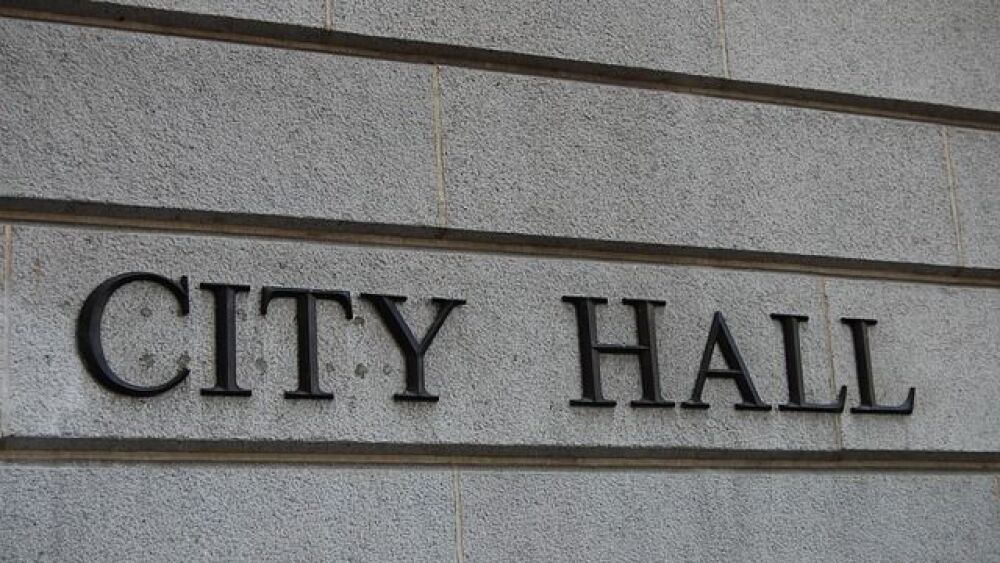Scott Eblin, an executive coach with more than 20 years of experience, wrote that great leaders “don’t just lead at their best; they live at their best,” for his recent Government Executive “Executive Coach” column.
He believes that to lead others effectively, leaders have to first lead themselves effectively.
Great leaders practice and exhibit strong personal leadership. They endeavor to live at their best so they can lead at their best. Their lives are structured for continuous improvement,” Eblin wrote.
The top 10 personal behaviors that strong leaders practice are:
- Self reflection - By identifying and articulating how they are their best and stopping to reflect regularly, great leaders ensure they always leveraging their best qualities.
- Self awareness - Tuning into their physical, mental and emotional reactions, strong leaders can hone their intentions and interactions.
- Self care - The most effective leaders manage their daily eating and necessary rest so that they are ahead of their stress and performing at their best.
- Continuous learning - The best leaders challenge their assumpotions, seek feedback and enrich their thinking by seeking to understand the lives of others.
- Listening - Strong leaders ask open-ended questions and practice transformational listening, which is basically listening without agenda.
- Operating rhythm - Effective leaders are effiient schedulers, knowing when they are most likely to get particular things done.
- Gear shifting - Flexible leaders take advantage of the “space between the waves” to refocus on the next task and their role in it.
- Focus - Strong leaders believe remove distractions to focus on the who and the what at hand.
- Clarity of purpose - The best leaders know preciesely why they do what they do.
- Gratitude - Strong leaders acknowledge and recognize success and build on it to create more progress.
Read Eblin’s original post on these 10 behaviors on Government Executive’s website.












